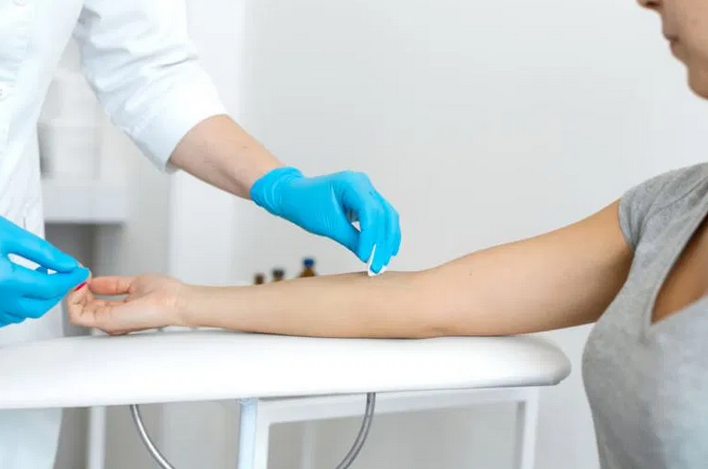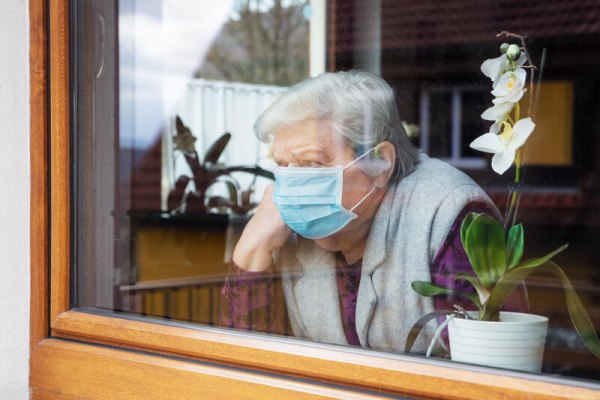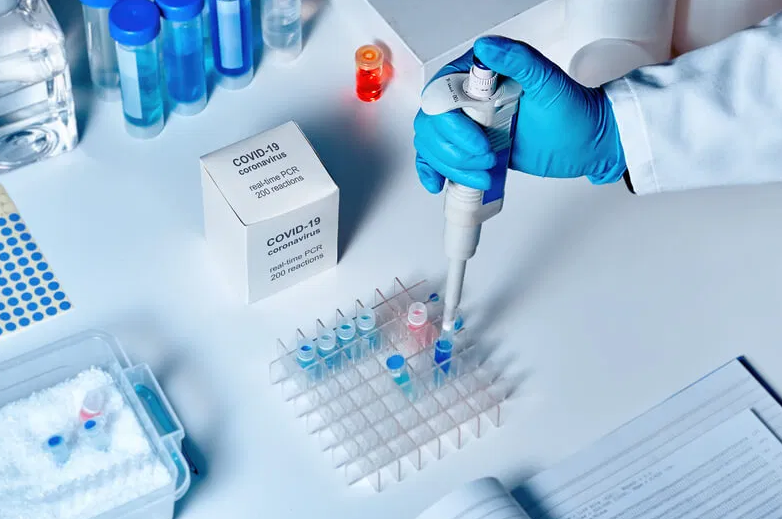© Kukotaekaterina | Dreamstime.com A study done by researchers at Geneva’s HUG hospital suggests a Covid-19 infection rate of 5.5% across the canton of Geneva. Antibody blood tests, run on a randomly selected sample of the canton’s population, suggest around 27,000 might have been infected by the virus, a number 5.7 times the official count of 4,733 recorded ...
Topics:
Investec considers the following as important: 3) Swiss Markets and News, 3.) Health, Coronavirus Switzerland, Covid-19 Switzerland, Editor's Choice, Featured, health, newsletter, SARS-CoV-2 Switzerland
This could be interesting, too:
Investec writes Swiss inflation falls further in January
Investec writes Catching ski pass cheats – reactions, fines and worse
RIA Team writes The Importance of Emergency Funds in Retirement Planning
Nachrichten Ticker - www.finanzen.ch writes Gesetzesvorschlag in Arizona: Wird Bitcoin bald zur Staatsreserve?

© Kukotaekaterina | Dreamstime.com
A study done by researchers at Geneva’s HUG hospital suggests a Covid-19 infection rate of 5.5% across the canton of Geneva.
Antibody blood tests, run on a randomly selected sample of the canton’s population, suggest around 27,000 might have been infected by the virus, a number 5.7 times the official count of 4,733 recorded on 24 April 2020.
Geneva is Switzerland’s worst hit canton. By 24 April 2020, close to 1% (0.94%) of the canton’s population of 507,000 had officially tested positive for the disease, giving it a higher per capita rate of infection than the Italian-speaking canton of Ticino (0.89%) where the disease first took off in Switzerland.
As is the case across Switzerland, swab-based Covid-19 tests have been rationed in Geneva. This means many symptomatic and even more asymptomatic cases are absent from the officially recorded case number.
The HUG study involved taking blood samples from children and adults selected at random from people used for Geneva’s annual health study, known as Bus santé.
The testing was done twice. In the first test, run between 6 and 10 April, 3.5% of the 760 people tested were positive for antibodies. A second test, between 14 and 17 April, involving 417 participants, resulted in 5.5% testing positive.
How plausible is a 5.5% infection rate?
A significant number of studies suggest for every symptomatic patient there is at least one other with negligible or no symptoms. For example, 52% of those testing positive on the Diamond Princess cruise ship were asymptomatic, and 43% of those testing positive in the quarantined town of Vo in Italy had no symptoms either.
If, hypothetically, only the most severe 35% of symptomatic Covid-19 sufferers were given swab tests, and there was one asymptomatic infection for every symptomatic one, then the total number of infections would be 27,046 (4,733 / 35% x 2), which is around 5.5% of the population.
Similar antibody studies have been done elsewhere. For example, one in Santa Clara in the US suggests an infection rate 50 to 85 times the official figure. However, there is much uncertainty, especially around the issue of false positives in these studies. A peer review of the Santa Clara study finds it is statistically possible that all of the study’s positives are false. The Santa Clara study was also criticised for not randomly selecting participants, a mistake the Geneva study appears to have avoided.
In addition, as the authors of the HUG study point out, the results do not demonstrate whether or not those testing positive for antibodies have acquired full or even partial immunity.
More on this:
HUG press release (in French) – Take a 5 minute French test now
For more stories like this on Switzerland follow us on Facebook and Twitter.
Tags: Coronavirus Switzerland,Covid-19 Switzerland,Editor's Choice,Featured,Health,newsletter,SARS-CoV-2 Switzerland








